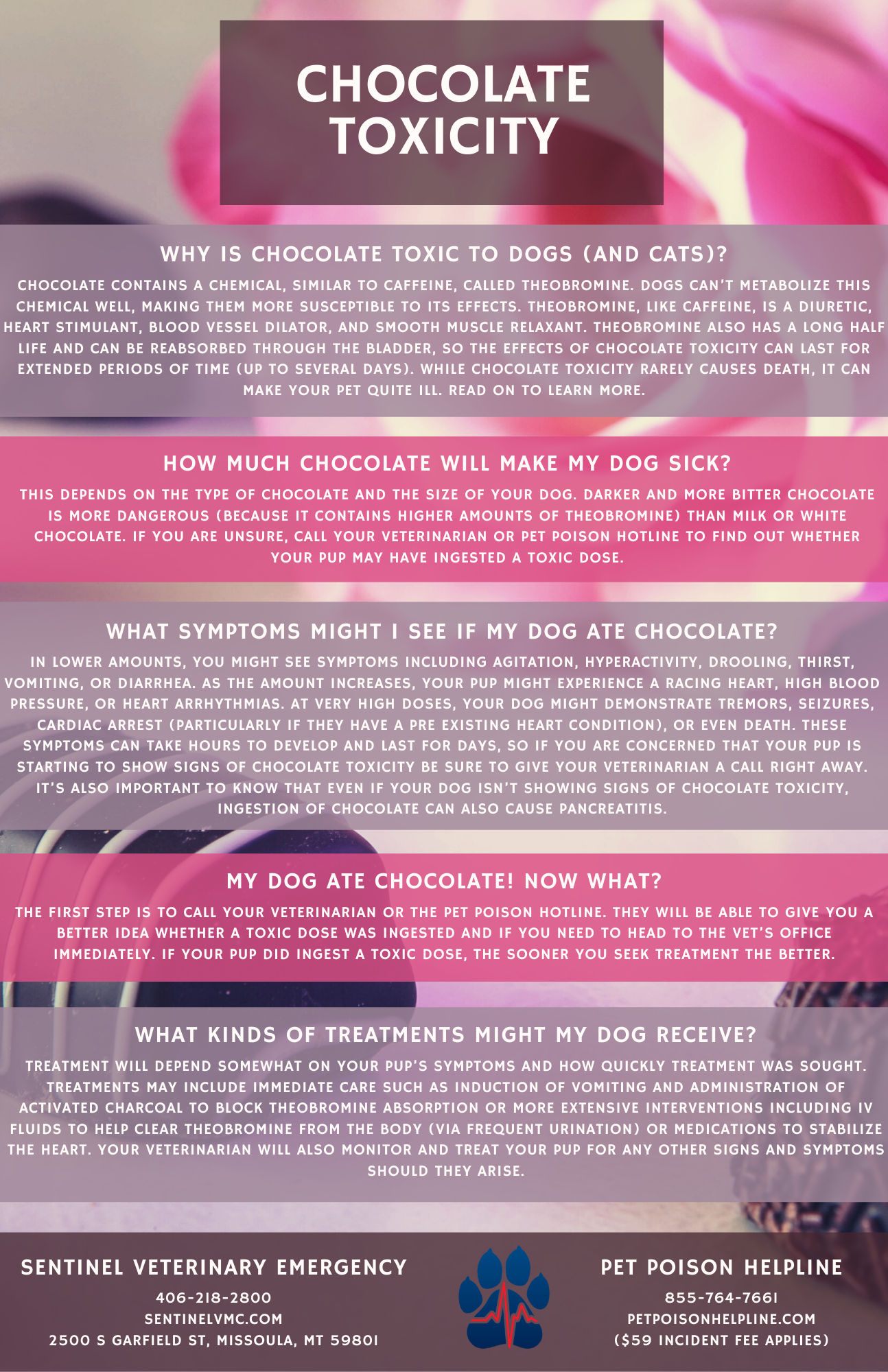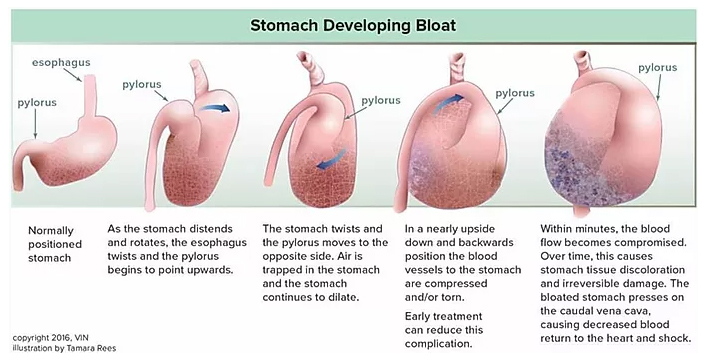Posts in Category: Sentinel Veterinary Specialists & Emergencies News
Yikes! Veterinary Care for Bite Wound Abscesses

Abscesses from Cat Fights
What is an abscess?
An abscess occurs when an infection is sealed inside the body. Often abscesses occur after a bite wound or other puncture wound, and you may be able to see a small scab indicating where the initial puncture or bite occurred. Common locations for abscesses due to cat fights include face, legs, and the base of the tail.
Continue…Worried about Kennel Cough?

Kennel Cough in Dogs
What is Kennel Cough?
Kennel cough, also known as Canine Infectious Respiratory Disease (CIRD) or Infectious Tracheobronchitis, is an infectious bronchitis caused by bacteria and viruses.
What are the symptoms?
Mild cases of kennel cough may only involve a hacking cough that doesn’t otherwise interfere with your pup’s day to day life; their illness could last a week or two but generally doesn’t require treatment. More severe cases, caused either by the infectious agents or by your pup’s decreased immunity, could progress to life-threatening pneumonia if left untreated. With these cases you may also note listlessness, fatigue, and fever.
Continue…Chocolate Toxicity

Winter Paw Care

Happy 2021!
To Our Community,

It is with gratitude and excitement, we wish you a Happy New Year! What a year it has been.
As we reflect on this past year, we are filled with gratitude for the opportunities we had to meet the needs of our community in these trying times. Our doors opened in April 2020, and despite the chaos in the world we were welcomed by western Montana’s pet owners, veterinary professionals, community organizations, and local businesses. We formed many new relationships and quickly found ourselves with a wonderful veterinary team.
Looking towards 2021, we are filled with excitement and hope. We will continue to strengthen partnerships, increase collaboration, and further our community engagement in keeping with our original vision to deliver the highest standard of emergency veterinary care. We are also thrilled to be moving ever closer to our new facility on Reserve St. in Missoula. This state-of-the-art facility will allow us to respond to emergency situations and provide specialty equipment and doctoring allowing care to remain local. Stay tuned for more information and happy 2021 from the Sentinel Team!
Happy National Vet Technician Week!

Veterinary Technicians do not have an easy job. That’s why we are proud to celebrate our techs this week during National Veterinary Technician Week!
Veterinary Technicians are required to have an extensive library of technical skills from monitoring anesthesia during surgeries to drawing blood to administering medications to taking x-rays. They also perform initial intake histories, documentation, and client education and communication. Not to mention they keep the clinic clean and up and running while balancing care for pets, clients, and our staff. If you’ve ever seen a vet tech at work, you know they never stop moving! We could not provide the high quality care we do without their help, and while we are thankful for our wonderful staff every day, we are excited to have this week to celebrate them on a national level. To learn more about our amazing tech staff, click here.
Critical Concerns—If You Are Worried Don’t Wait!
It’s better to be proven wrong with us than proven right at home.
Continue…Gastric Torsion (GDV) is CRITICAL!

It needs immediate veterinary attention and ruling out the cause can be lifesaving.
What Is The Cause?
- Food Bloat
- Water Bloat
- Gastric Torsion (GDV)
Blocked Cats—Urethral Obstructions are Emergencies
Male cats can easily develop obstruction of the urethra which is the tube draining urine from the bladder out of the penis. Obstructions are often the result of plugs of inflammatory material, mucus, crystals, small stones (called calculi) that have formed in the kidneys and have passed down into the bladder (see urinary stones). The cause of the inflammatory materials and stone formation is not well understood, though viral infections and diet may play a role. Other causes are reported such as cancer, previous injury causing scarring, and trauma are also reported. Early neutering of cats does not cause reduction of urethral size as in some other species.
Continue…Seizures—When Is It an Emergency?
A Single Breakthrough Seizure
It is a lucky pet that never has another seizure after beginning medications; but an occasional breakthrough seizure (as disturbing as it may be to watch) is rarely of serious concern. In most cases, one can simply give an extra dose of the oral anti-seizure medication that has been in use and consider the episode over with. The veterinarian should be appraised of the situation and the medication regimen evaluated to see if adjustments should be made to prevent further breakthrough seizures in the future.
Continue…